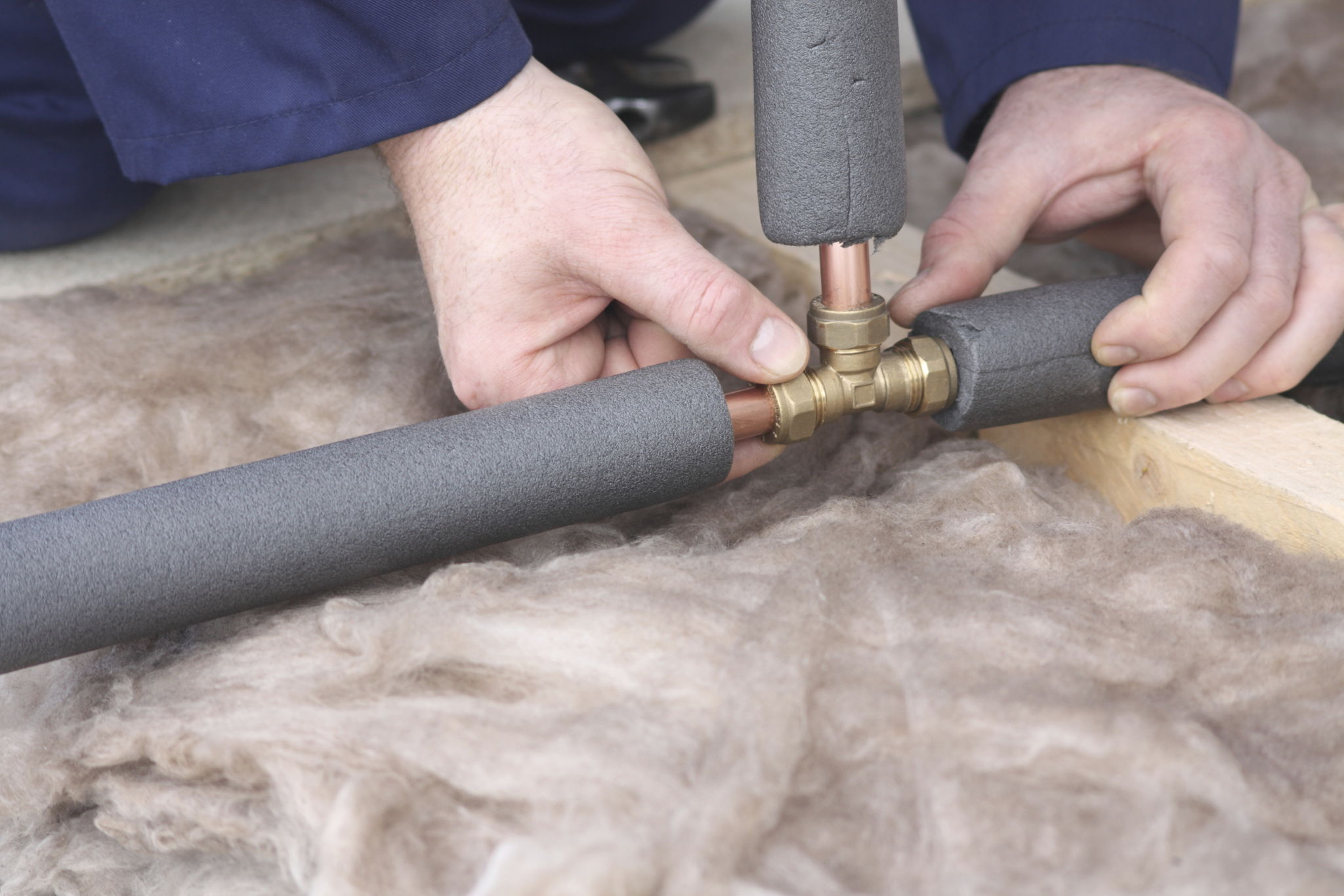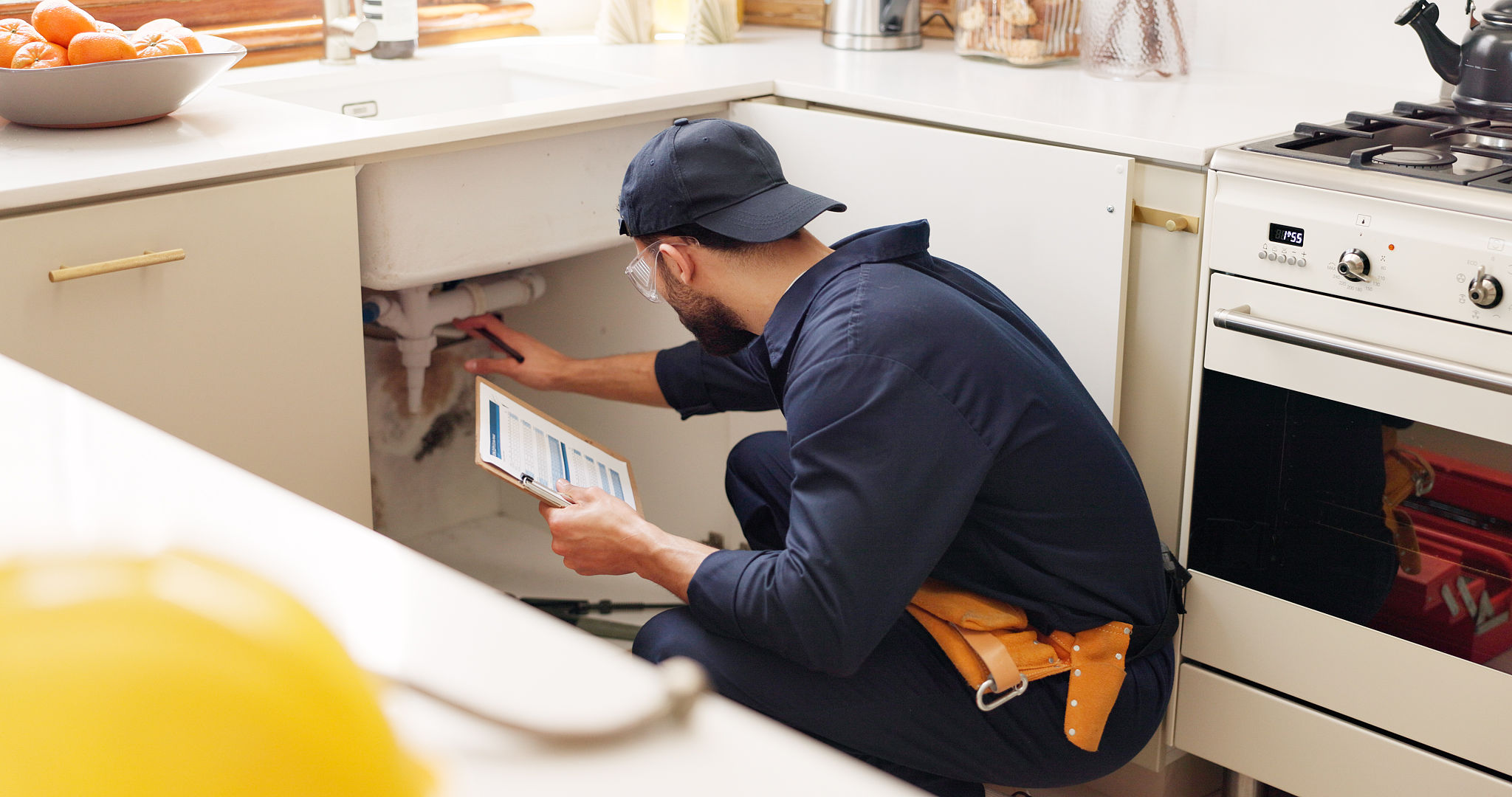Preparing Your Plumbing for Seasonal Changes: A Checklist for Homeowners
SP
Understanding Seasonal Plumbing Challenges
As the seasons change, so do the challenges faced by your home's plumbing system. Each season brings its unique set of issues, from freezing temperatures in winter to increased water usage in summer. Preparing your plumbing for these changes can help prevent costly repairs and ensure a smooth transition from one season to the next.
By proactively addressing potential problems before they arise, you can protect your home and maintain the efficiency of your plumbing system year-round. Here’s a comprehensive checklist to get you started.

Inspect and Insulate Pipes
One of the most crucial tasks is inspecting and insulating pipes, especially during the colder months. Freezing temperatures can cause pipes to burst, leading to severe water damage. To prevent this, ensure all exposed pipes are well-insulated.
Steps to Insulate Pipes
Follow these steps to insulate your pipes effectively:
- Identify exposed pipes in unheated areas like basements, attics, or garages.
- Use foam pipe insulation or heat tape to wrap around the pipes.
- Seal any gaps or cracks that might allow cold air to reach the pipes.
Regularly check for signs of wear or damage in your insulation and replace it as needed.

Check for Leaks
Leaks can occur at any time of year, but they are particularly troublesome in winter when they can lead to frozen pipes. Conduct a thorough inspection of your plumbing system to identify and fix leaks early.
How to Detect Leaks
Here are some tips for detecting leaks:
- Look for water stains on ceilings, walls, and floors.
- Monitor your water bill for unexplained increases.
- Listen for the sound of running water when no fixtures are in use.
Addressing leaks promptly not only conserves water but also prevents further plumbing issues.

Prepare Outdoor Plumbing
Your outdoor plumbing also needs attention as seasons change. This includes garden hoses, outdoor faucets, and irrigation systems, which can all be affected by temperature fluctuations.
Outdoor Plumbing Maintenance Tips
Consider these tips to maintain outdoor plumbing:
- Disconnect and store garden hoses before the first frost.
- Shut off valves to outdoor faucets and drain any remaining water.
- Winterize irrigation systems by blowing out excess water with compressed air.
Properly maintaining outdoor plumbing safeguards against damage caused by freezing temperatures and ensures everything is ready for spring.
Regular Maintenance and Professional Inspection
While DIY maintenance is beneficial, it's also wise to schedule regular professional inspections. Experienced plumbers can identify potential issues that may not be visible to the untrained eye and perform comprehensive checks on your plumbing system.
An annual inspection can save you time and money in the long run by preventing unexpected emergencies. A professional can also provide tailored advice based on your specific plumbing setup and needs.
